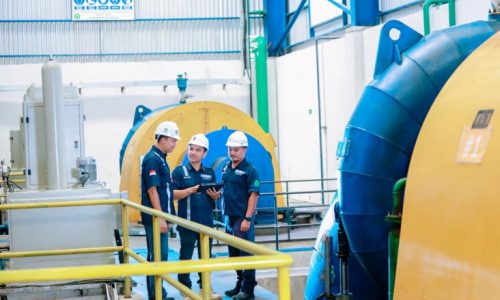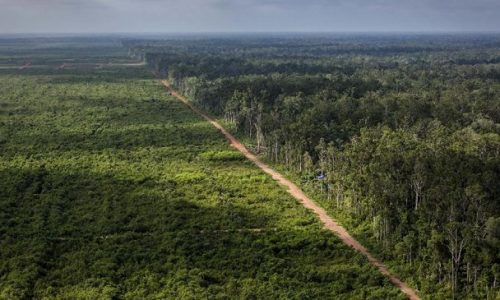The Ministry of National Development Planning/National Development Planning Agency (PPN/Bappenas) is set to unveil a roadmap for the downstream development of the coconut industry this week.
The initiative aims to increase the added value of Indonesia’s coconut industry, which has recently fallen behind the Philippines in terms of production and export.
Leonardo A. A. Teguh Sambodo, Special Advisor to the Minister of PPN for Leading Sector and Infrastructure Development, explained that this downstream plan is driven by the enactment of Law No. 59/2024 on the 2025-2045 National Long-Term Development Plan.
Indonesia aims to make downstream processing a key driver of its industrial sector, using domestic raw materials, including coconuts.
“Coconuts were selected because, before 2020, Indonesia was the world’s largest coconut producer by volume. However, since the pandemic, we have been overtaken by the Philippines,” Teguh told a media briefing in Jakarta on Friday, September 27, 2024.
He noted that the Philippines now boasts the world’s largest coconut cultivation area, covering 3.7 million hectares (ha), while Indonesia’s is 3.3 million ha.
In addition to lagging in production volume, Indonesia has also fallen behind the Philippines in terms of coconut exports and related products.
Teguh emphasized that this situation serves as a wake-up call for the Indonesian government to address the challenges in the coconut sector.
The Indonesian coconut industry faces productivity issues, with yields stagnating at 1.1 tons per hectare.
Furthermore, many coconut cultivation practices remain conventional, and around 378,000 hectares of coconut trees are old and need replacing.
“The challenge is that we currently only produce one million seedlings annually, while the potential is up to nine million. However, the total requirement is 41 million seedlings, so there is a significant gap between our capacity and the demand for seedlings,” Teguh said.
He highlighted that the government lacks the resources to replace all 378,000 hectares of aging coconut trees. At the current rate, it would take 38 years to complete the replanting process.
“We need to accelerate this process, especially as demand for coconut products, such as coconut milk, is rising in markets like the U.S., Europe, and China,” he added.
The roadmap for the downstream coconut industry has been developed over the past seven months and represents a collaborative effort involving the Ministry of Agriculture, the Ministry of Industry, the Coordinating Ministry for the Economy, the Ministry of Investment/Investment Coordinating Agency (BKPM), and the National Research and Innovation Agency (BRIN).









